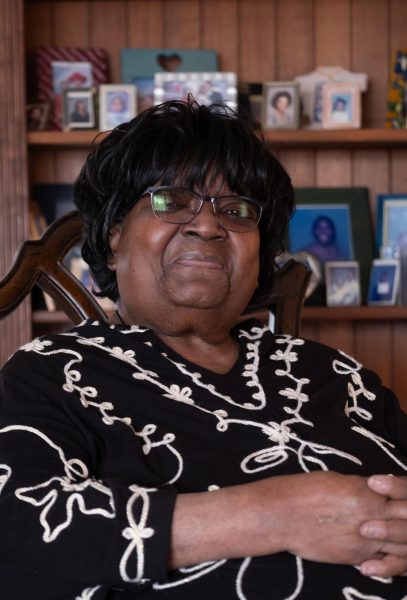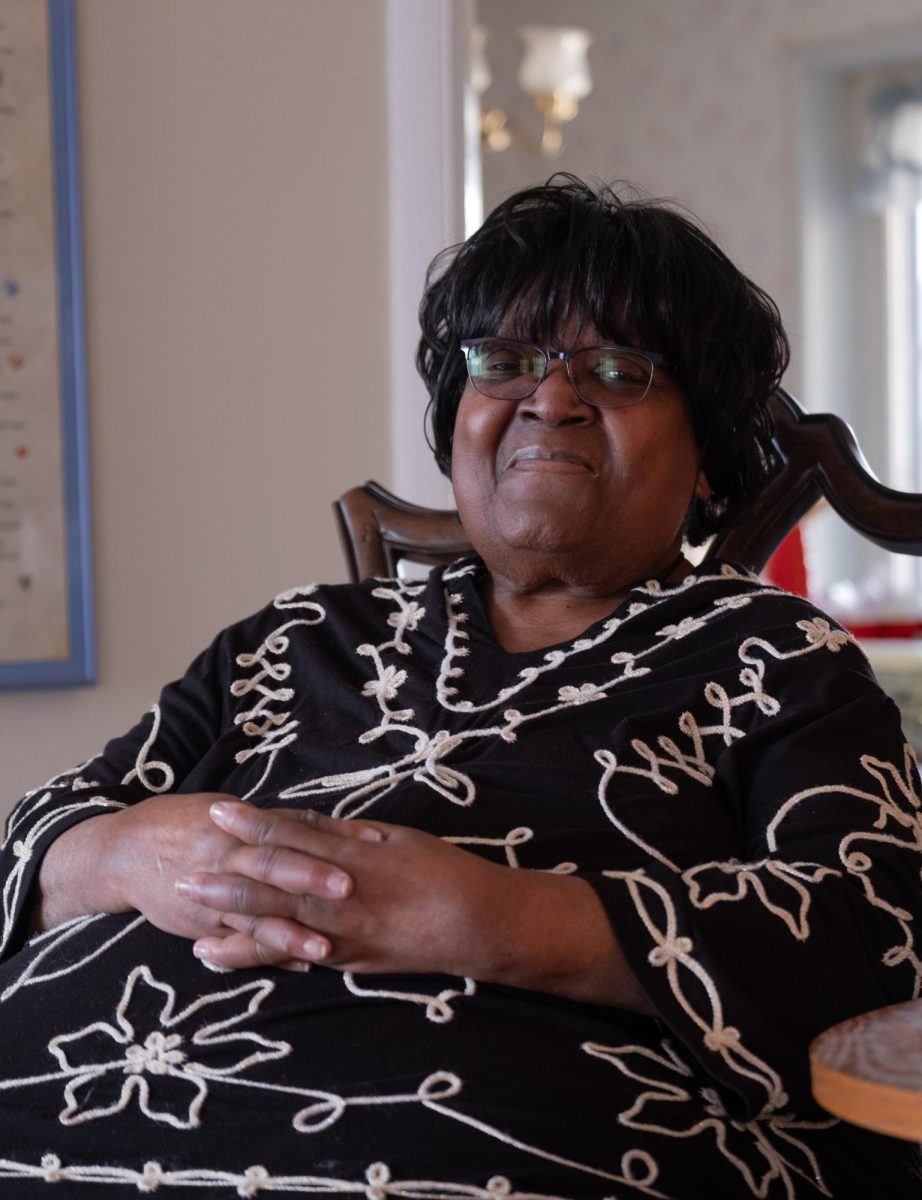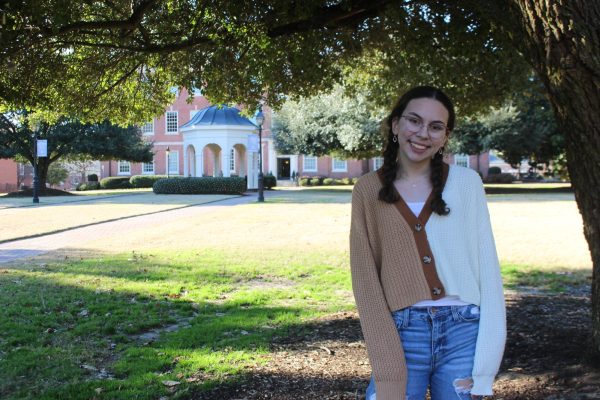In June 1997, nearly 100 years after App State’s founding, the first African American woman became a full-tenured professor at App State.
During Thalia Coleman’s time at App State, she recruited many students and was a mentor to many others. Coleman worked in the Department of Communication Sciences and Disorders at App State.
Coleman grew up in a small community in South Carolina where, at the time of living there, the population was less than 1,000.
She completed her undergraduate degree at South Carolina State University. She then went to Penn State for graduate school and studied to be a speech-language pathologist with the goal of working in public schools.
Coleman had never dreamt about being a professor. After accepting a full scholarship to Penn State and earning her master’s degree, she wrote to her department chair asking for any openings in public schools. That is when the chair sent her an application to work at Penn State in the university setting.
Coleman worked at Penn State for a total of 21 years. During that time, she studied to earn her Ph.D. in Communication Processes and Disorders at the University of Florida.
Coming to App State was like a complete flip compared to her alma mater, which is an HBCU, and Penn State where she earned her speech-language pathology degree.
“My alma mater was an HBCU so it was a totally different cultural climate, and almost all the other professors back in South Carolina were African American,” Coleman said.
Coleman has taught a variety of courses at undergraduate and graduate levels at App State. After earning her doctorate, she taught courses mostly in child language development and disorders. She also specializes in culturally appropriate clinical interventions.
“I enjoyed teaching and so I wanted to teach others to go out and do the things in the profession that I enjoyed when I was doing it,” Coleman said.
App State celebrates her contributions to the field of speech-language pathology through a scholarship given in Coleman’s name.
The scholarship was established in 2020, a few years after Coleman retired from App State.
She retired from App State in 2015 after having trained and mentored graduate and undergraduate students in speech-language pathology for over four decades.
Angela McLeod, a clinical associate professor of speech-language pathology at the University of South Carolina, met Coleman 30 years ago when McLeod was enrolled as a master’s degree student in communication disorders at App State.
“Meeting her and having the opportunity of her mentorship while I was pursuing my degree in speech-language pathology served as the foundation that ultimately influenced me to return to graduate school after working seven years professionally as a speech-language pathologist and pursue my doctorate,” McLeod wrote in an email.
McLeod said she has vivid memories of concepts Coleman presented in her teaching of child language and presenting on topics related to cultural and linguistic diversity.
“I view her as a role model, and even as I have engaged my students over the past 20 years, I think of the nurturing and support she always provided to students,” McLeod said.
McLeod saw that students were able to easily approach Coleman. Coleman was always willing to lend an ear during stressful times; she aimed to help students work through their difficult situations so they could maintain their success, McLeod said.
“I recall her many efforts to recruit and maintain African American and other students of color in her department,” said Willie Fleming, a retired App State chief diversity. “She mentored students in a holistic manner.”
Fleming said he admires Coleman’s consistency in high character and sees Coleman as a friend, not just a colleague.
“She was concerned about the whole person and made certain those students knew they belonged at the university and in their respective department as full-blown participants in the educational process,” Fleming said.
Coleman prepared students for the college academic environment and for the professional world.
“Many of her former students are professors and clinicians holding national offices in their professional organizations as they train future clinicians,” Fleming said.




Tawanda Webb Bridgeforth • Mar 26, 2024 at 10:16 pm
I am so proud of your accomplishments….
Burnnette Jamison • Mar 26, 2024 at 8:32 pm
I am exceptionally proud and excited of this honor bestowed upon such an amazing woman of excellence. I’ve known Dr. Coleman since her tenure in South Carolina and she has always been such an inspiration to me in my educational and vocational endeavors. HATS OFF TO YOU DR. COLEMAN ~ May God continue to bless you